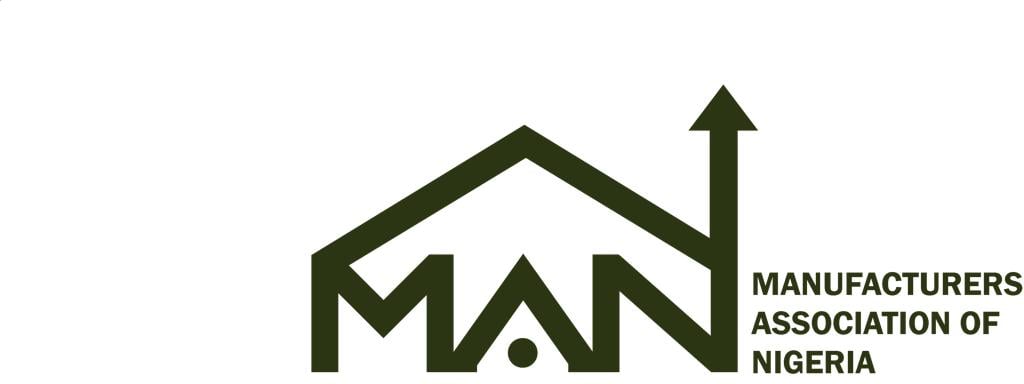The Manufacturers Association of Nigeria has reported that the gross value of unsold inventory in the manufacturing sector rose to N1.04tn in the first half of 2025, representing a 16.05 per cent increase from N896.2bn recorded in the second half of 2024.
The association described the development as alarming, attributing it to low government patronage of locally made products and persistent macroeconomic pressures that continue to constrain industrial productivity.
Director-General of MAN, Segun Ajayi-Kadir, alongside the Director of MAN Research and Economic Policy Division, Dr Oluwasegun Osidipe, presented the findings of the Q3 2025 Manufacturers CEO’s Confidence Index and the 2025 MAN Think Tank Report in Lagos on Tuesday.
Ajayi-Kadir warned that the surge in unsold goods reflected weak consumer demand and the poor implementation of the government’s local content policies.
“Low patronage by government agencies remains one of the top challenges facing manufacturers,” Ajayi-Kadir said. “Despite our persistent advocacy for public institutions to lead by example in buying made-in-Nigeria products, implementation remains weak, and this has left local industries struggling with rising inventories.”
He explained that other major challenges identified by manufacturers in the quarter included inadequate power supply, high exchange rates and forex scarcity, high electricity tariffs and alternative energy costs, multiple taxation, and poor road infrastructure.
According to the MCCI report, the manufacturing sector continues to face structural bottlenecks despite showing modest signs of resilience in the first half of the year. Capacity utilisation rose to 61.3 per cent from 57.6 per cent recorded in the second half of 2024, while manufactured exports increased sharply to N803.8bn in the second quarter of 2025 from N294.4bn in the first quarter.
However, MAN noted that the sector’s overall performance remains fragile. Real output growth slowed from 1.69 per cent in the first quarter to 1.6 per cent in the second quarter, contributing 7.81 per cent to Nigeria’s Gross Domestic Product, down from 9.62 per cent in the preceding period.
Ajayi-Kadir said manufacturers also incurred N676.6bn on alternative energy sources and N1.72tn on imported raw materials in the first half of the year. He added that 18,935 jobs were lost in the same period due to rising costs and limited access to affordable credit.
“The average lending rate stood at 36.6 per cent in the first half of 2025, while access to credit declined to N7.72tn,” he said. “These figures show that capital remains prohibitively expensive for real sector growth.”
He called on the government to adopt urgent policy measures to cut energy costs, improve foreign exchange liquidity, and expand access to affordable credit.
“The modest rebound in the sector is encouraging, but it is fragile. Growth cannot thrive where capital remains prohibitively expensive. The Central Bank must take bolder steps by lowering rates further to stimulate investment,” the MAN DG stressed.
The Director of MAN Research and Economic Policy Division, Osidipe, noted that the aggregate MCCI score rose slightly by 0.4 points from 50.3 in the second quarter to 50.7 in the third quarter of 2025, the second consecutive quarterly increase, which MAN said signals a cautiously improving perception among manufacturers.
Osidipe said the marginal rise was supported by a more stable exchange rate and a steady disinflation trend. However, he noted that industrial disputes in the oil and gas sector disrupted gas supply, raised energy costs, and constrained manufacturing output during the period.
He said six sectoral groups, including Domestic/Industrial Plastics & Rubber, Electrical & Electronics, Food, Beverages & Tobacco, Chemical & Pharmaceuticals, Textile, Apparel & Footwear, and Basic Metal, Iron & Steel, recorded improved confidence due to stability in input supply, government incentives, and exchange rate moderation.
In contrast, he said four other groups experienced declines due to persistent energy costs, limited government patronage, high import duties, and an influx of imported finished goods.
The MAN President, Francis Meshioye, also lamented the government’s slow response to industrial challenges, urging it to revisit recent reforms and implement recommendations from the association’s Think Tank Session.
“The outright enumeration of top manufacturing challenges in the MCCI report signifies that government, as a matter of urgency, needs to review existing reforms and address internal bottlenecks,” Meshioye said. “Manufacturing remains the heartbeat of sustainable recovery. No economy prospers on consumption alone.”
Meshioye added that while the sector showed “meagre but consistent” improvement in the second and third quarters of 2025, sustaining the recovery would require a deliberate, industry-friendly policy approach.
MAN reiterated that the forthcoming Nigeria Industrial Policy and the “Nigeria First” initiative must be private sector–driven to ensure coherence between policy intent and industrial realities.
The association also urged the government to improve oil production, protect pipeline infrastructure, stabilise the exchange rate, and forestall industrial disputes in the oil and gas sector to sustain macroeconomic stability.
“Currency stability is not just a macroeconomic metric; it reflects national resolve,” Ajayi-Kadir said. “To secure the gains of stabilisation and accelerate prosperity, Nigeria must make manufacturing the nucleus of its growth strategy.”















